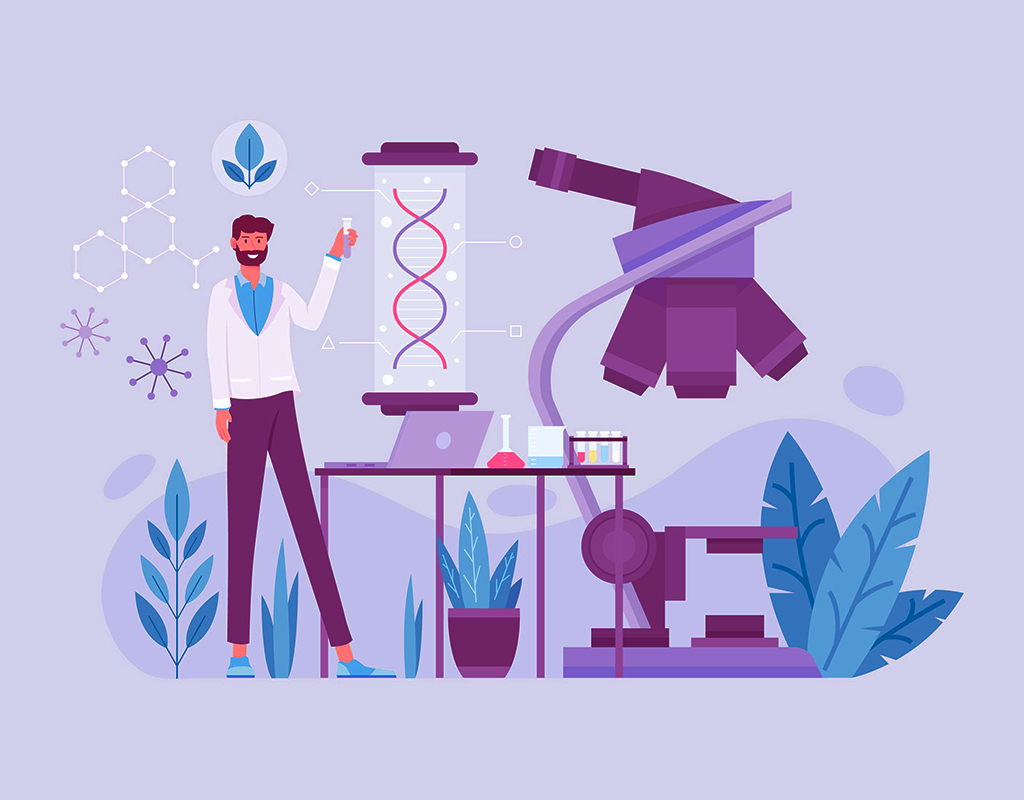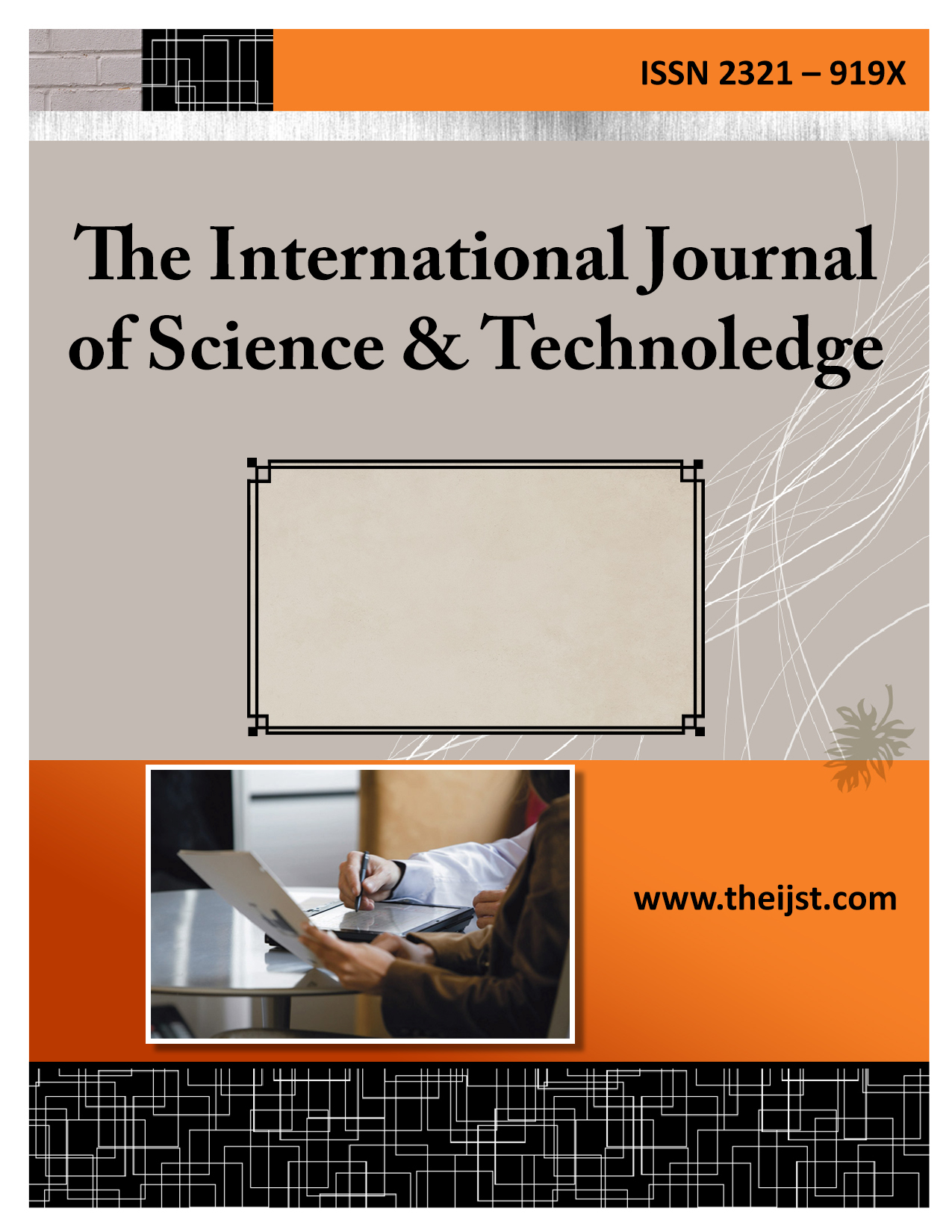In recent years, the world has witnessed a remarkable surge in the field of biohacking. This emerging trend, which combines biology with hacking, aims to optimise human performance, health, and well-being by leveraging scientific advancements. From DIY biology enthusiasts to professional scientists, the biohacking community is pushing the boundaries of what it means to be human. This blog delves into the rise of biohacking, its various forms, and the ethical considerations it raises.
Understanding Biohacking
Biohacking, also known as DIY biology, is a broad and inclusive term that encompasses a range of activities aimed at enhancing human capabilities. It can be as simple as making dietary changes to improve health or as complex as implanting technological devices into the body. Biohacking can be divided into several categories:
- Nutritional Biohacking: This involves modifying one’s diet to achieve optimal health and performance. Popular examples include the ketogenic diet, intermittent fasting, and the use of supplements like nootropics to enhance cognitive function.
- Genetic Biohacking: With advancements in CRISPR technology, genetic biohackers are exploring ways to edit genes to prevent diseases or even enhance physical and mental attributes. While this area is still in its infancy, it holds immense potential for the future.
- Wearable Technology: Devices like smartwatches and fitness trackers are mainstream examples of biohacking. They monitor various health metrics and provide users with data to optimise their lifestyle choices.
- Implantable Devices: Some biohackers take it a step further by implanting devices into their bodies. These can range from RFID chips that store data to more advanced devices that monitor and enhance bodily functions.
The Science Behind Biohacking
The rise of biohacking can be attributed to several key scientific advancements. The proliferation of affordable and accessible genetic testing has made it easier for individuals to understand their unique genetic makeup and make informed decisions about their health. Similarly, advancements in wearable technology have empowered individuals to track and analyse their health data in real-time.
Moreover, the growing availability of open-source software and DIY biology kits has democratised access to biohacking tools and techniques. Enthusiasts can now conduct experiments in their garages or community labs, accelerating the pace of innovation and discovery.
Ethical Considerations
While the potential benefits of biohacking are immense, it also raises several ethical questions. The idea of enhancing human capabilities through science challenges traditional notions of what it means to be human. There are concerns about the long-term effects of genetic modifications and the potential for unequal access to biohacking technologies, leading to a divide between those who can afford enhancements and those who cannot.
Additionally, the unregulated nature of biohacking poses risks. Without proper oversight, individuals might engage in dangerous experiments that could have unforeseen consequences for their health. This underscores the need for a balanced approach that encourages innovation while ensuring safety and ethical standards.
The Future of Biohacking
As biohacking continues to evolve, it is likely to become an integral part of our lives. The convergence of biology, technology, and data science will open up new possibilities for enhancing human capabilities. However, it is crucial to navigate this new frontier with caution and responsibility.
Researchers, policymakers, and the biohacking community must collaborate to establish guidelines and best practices that promote safe and ethical biohacking. This will ensure that the benefits of biohacking are accessible to all and that the risks are minimised.
The rise of biohacking represents a fascinating intersection of science, technology, and human ambition. As we continue to explore and push the boundaries of what is possible, it is essential to remain mindful of the ethical implications and strive for a future where biohacking enhances the human experience for all. Whether you are a seasoned biohacker or just curious about this exciting field, the journey of biohacking promises to be a thrilling adventure into the future of human potential.










